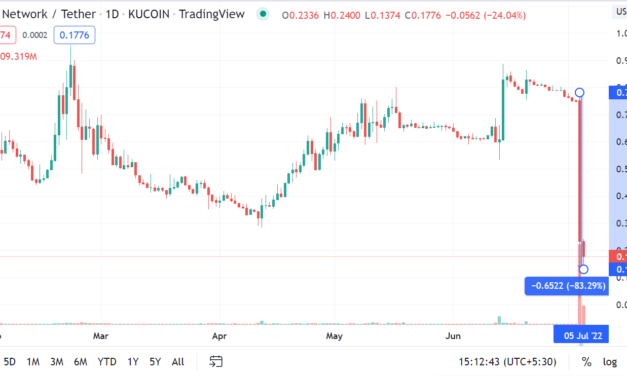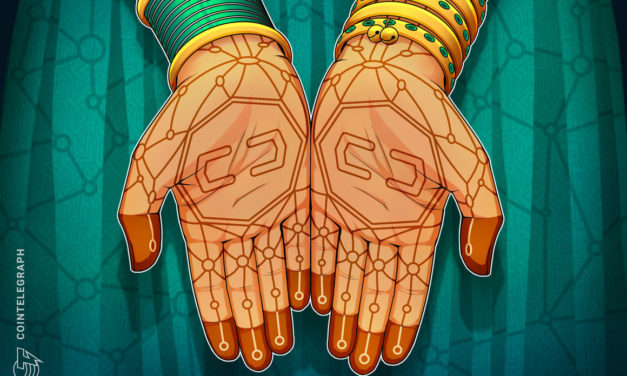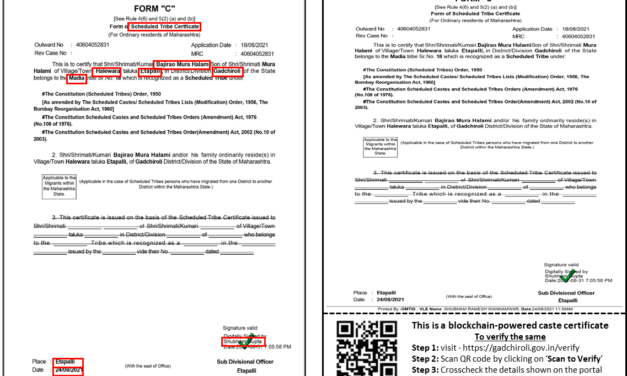Indian authorities unfreeze millions in locked WazirX bank accounts
The Enforcement Directorate of India (ED) unfroze the bank accounts of the Indian crypto exchange WazirX, according to a statement from the exchange released on Sept. 12.WazirX says it has been cooperating with local authorities during their anti-money laundering (AML) investigation by providing all of the necessary documents and details requested. The investigation targeted 16 fintech companies and instant loan apps, some of which solicited services from the exchange.The exchange, however, said it has a no-tolerance stance towards any illegal activities on the platform. Additionally, it said that most of the targeted users in the ED investigation had already been flagged as suspicious by WazirX and blocked in 2020-2021.WazirX told Cointelegraph the case is still under investigation but funds have been unfrozen due to no suspicious activity found, with “no further comment as of now.”Funds in WazirX bank accounts had been frozen since Aug. 5, when the ED initially announced the investigation. The locked funds amounted to over $8.1 million in total.ED searches the Director of WazirX Crypto-Currency Exchange & freezes its Bank assets worth Rs 64.67 Crore for assisting accused Instant Loan APP Companies in laundering of fraud money via purchase & transfer of virtual crypto assets.— ED (@dir_ed) August 5, 2022The ED’s accusations against WazirX claimed it had processed $130 million in transfers of funds to wallets under investigation for illegal activities. In light of the accusations, Binance, which once tried to acquire the company in 2019, distanced itself from the exchange via a public statement from CZ on Twitter.Related: Binance sides with Indian regulators in WazirX fallout to cease support for off-chain transfersPrior to the recent activity, the exchange was under ED investigation in 2021 for money laundering charges related to illegal online gambling proceeds tied to Chinese entities.This time around, the crackdown on crypto exchanges in the country did not stop with WazirX. On Aug. 12, the ED froze a total of $46.4 million in Yellow Tune’s bank balances and balances from crypto exchange Flipvolt. The allegations were also money laundering related, and the company was accused of being a shell for Chinese entities.Authorities said the funds would remain unavailable until the exchange can account for the criminal proceeds that it transferred out of the country.These investigations began to pile up after the Indian government announced crushing new crypto tax regulations, which came into effect earlier this year.
Čítaj viac














